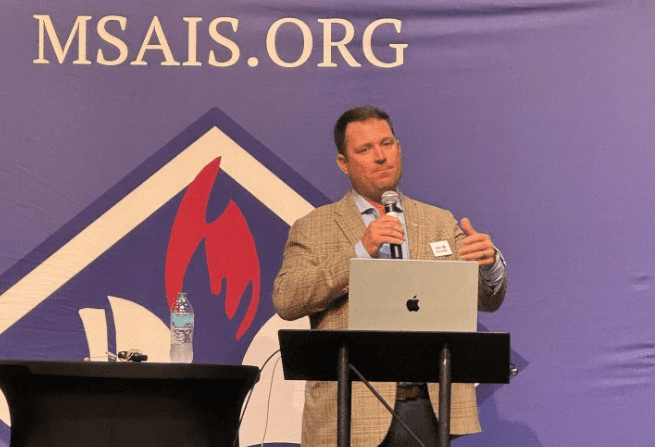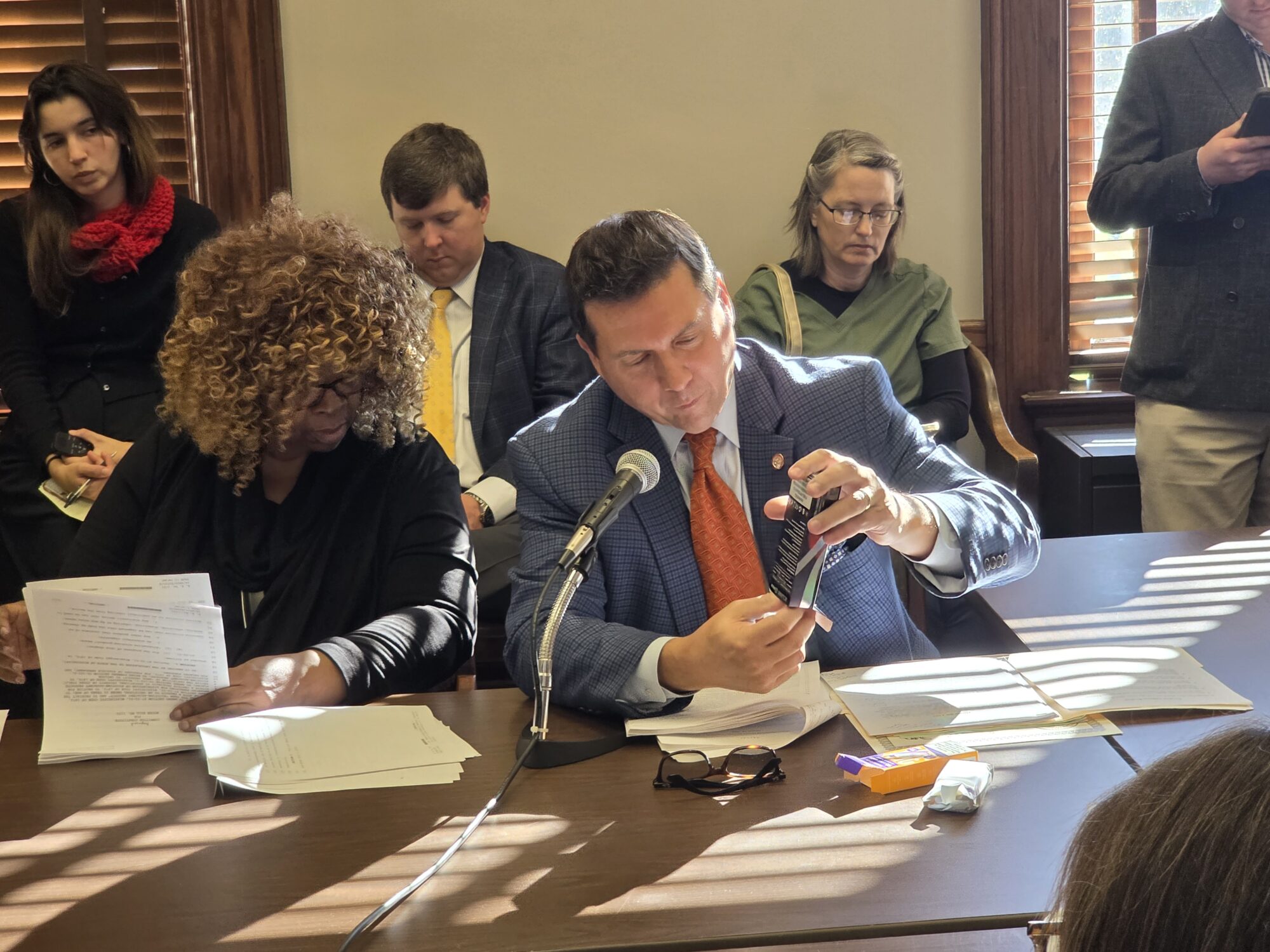
Sid Salter
- Columnist Sid Salter says beyond the issue of federalizing the National Guard is the narrower question of the Posse Comitatus.
The political and legal standoff between President Donald Trump and California Gov. Gavin Newsom is not the first time a U.S. president has federalized a state’s National Guard command. Following protests against the federal government’s escalation of Immigration and Customs Enforcement (ICE) raids as part of the Trump administration’s effort to combat illegal immigration, Trump sent in the National Guard to “restore order,” despite objections from Newsom and the State of California.
Many Americans aren’t exactly aware of the actual command distinctions concerning the Guard. FindLaw.com legal writer Richard Dahl explains: “The National Guard is part of the U.S. military but is unusual because both state and federal leaders control it. Most of the time, state National Guard units are commanded by governors. However, presidents have the authority to call them into service to respond to hurricanes, bolster border security, and assist in overseas military operations.”
The National Guard documents that federalization has been utilized by presidents since the 1794 Whiskey Rebellion in Western Pennsylvania: “On at least ten occasions since World War II, the President has mobilized National Guard troops for missions within the borders of the U.S. and retained them under federal authority.”
All these instances would fall within the broad confines of the Constitution, which authorizes the President to call up the militia “to execute the Laws of the Union, suppress Insurrections and repel Invasions.” (Article I, Section 8, Clause 15)
Mississippians of a certain age know that. Some 62 years ago, the late President John F. Kennedy did the same thing in Mississippi over the issue of the integration of the University of Mississippi in Oxford by James Meredith.
In 1962, Meredith’s integration of Ole Miss sparked riots that left two dead and more than 180 injured. The riots and the killings of Paul Guihard, a journalist for a French news agency, and local jukebox repairman Walter Ray Gunter occurred as President Kennedy intervened and federalized the Mississippi National Guard.
While giving speeches in Mississippi about his defiance of the Kennedys, tape recordings of telephone conversations between Barnett, President John F. Kennedy, and Attorney General Robert Kennedy reveal a more pleading, placid Barnett negotiating feverishly on Sept. 29, 1962, the day before federal troops escorted black student James Meredith onto the Ole Miss campus and faced angry protesters.
The tapes reveal that a sticking point arose when Barnett wanted federal officers to draw and brandish more weapons during the staged surrender of the governor – a bit of political theater that other Southern governors of that era sought.
Finally, cooler heads prevailed, and Meredith was admitted under the guidance of federal marshals. Ironically, the federalization of the Mississippi Guard placed Barnett’s son Ross Barnett, Jr., and the son of U.S. Sen. John C. Stennis, John Hampton Stennis, in the position of enforcing federal law that their fathers both publicly opposed.
The Kennedys also, unwittingly, provided perhaps the quintessential Ross Barnett story. The islands of Quemoy and Matsu, off the coast of China, were central to a debate between John Kennedy and Richard Nixon during the 1960 presidential campaign. The islands, controlled by the Chinese anti-communists in exile in Taiwan, had faced bombardment by the Communist Chinese on the mainland during the late 1950s and early 1960s.
Mississippi Capitol reporters asked Barnett what he would do about Quemoy and Matsu. “I guess I’d just appoint them to the Game and Fish Commission,” Barnett reportedly replied.
Beyond the issue of federalizing the National Guard is the narrower question of the Posse Comitatus. The Posse Comitatus Act of 1878, which removed the military from regular civil law enforcement, was enacted in response to the abuses resulting from the extensive use of the army in civil law enforcement during the Civil War and Reconstruction, according to the U.S. Dept. of Justice.
Newsom argues that police powers are a state and local matter, not a federal one, and that Posse Comitatus essentially bars the use of the U.S. military for civil law enforcement.
Here’s hoping the riots end faster than the legal fight does.








